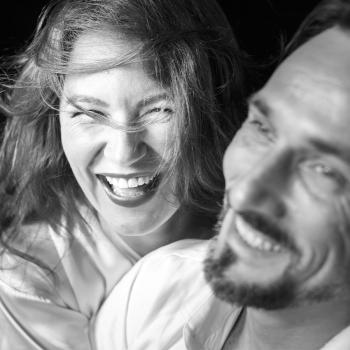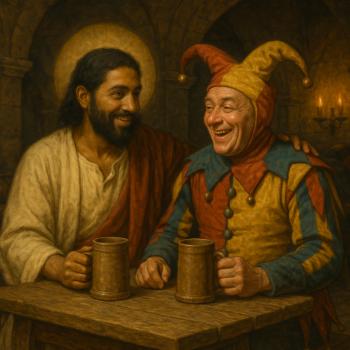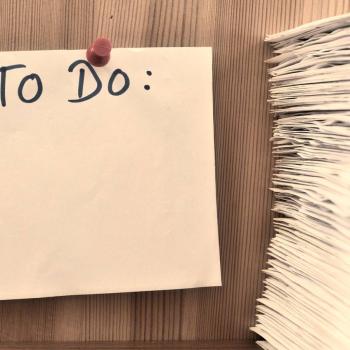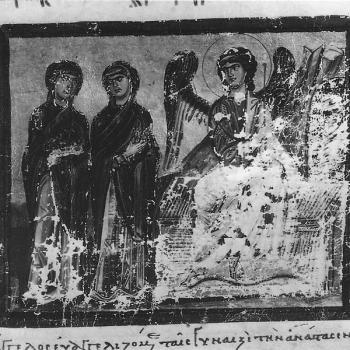I have always believed that art and literature are stronger than journalism and scholarship; art and literature can move people where their deepest views and opinions are formed, through emotion, intuition and identity. So I got the idea of telling the story in the form of a novel, using characters who grapple with what to believe and what to do. And who suffer when the Christian right's agenda is finally implemented.
Q: It seems from the book that you think gay men and women have the most to lose.
A: Yes. The cause of gay rights is making great strides in this country—look at the incredible success with marriage equality in the 2012 elections. But this trend sometimes obscures another: that a very significant percentage of the American population is not only opposed to civil rights for homosexuals, but believe that homosexuality is a sin that will bring the wrath of God upon the country. This is a politically powerful belief. All nascent populist and authoritarian political movements need an enemy, and for the Christian fundamentalists the enemy is the gay Americans.
Q: What's your own religion?
A: I was raised in the Roman Catholic Church, but now I'm an atheist. I have always been interested in morality and ethics. I did my graduate work before law school in moral philosophy, and believe that morality is central both to personal happiness and a successful culture.
Q: What about your own politics? Some people may think that you wrote this to discredit the Republican Party.
A: Not at all, and in fact during the time I was writing the book, I was still registered as a Republican, as I was for most of my life. But the most recent Republican Presidential primary season—with the party fielding people like Bachman, Perry and Santorum as serious candidates—it was just too much, and I switched to independent.
Do I want people to think about what the Republican Party has become, having been largely hijacked by the Christian right, which is now joining forces with the Tea Party? Absolutely. Too many good moderate Republicans just don't see it. But I certainly don't want to see the Republican Party destroyed. We need two credible mainstream parties in this country for our political system to work. I want to see the Republican Party get back in touch with its libertarian side, which of course believes that government should not be telling us what we can do in our bedrooms, whom we can marry or what we can read.
Q: There have been several popular works of political fiction over recent years. What sets CHRISTIAN NATION apart?
A: You're right—David Frum published Patriots last year, of course there was Primary Colors in 1996. Even Ralph Reed wrote a novel about a Supreme Court nomination battle. But these are all "inside baseball" books: the authors are political operatives, and the characters are politicians and political operatives. In contrast, CHRISTIAN NATION'scharacters are ordinary people who are trying to make their lives against the backdrop of the world the politicians are giving them, and who, eventually, are roused to action.
I would compare CHRISTIAN NATION to books like Sinclair Lewis's It Can't Happen Here. He was worried that Americans didn't take the threat of fascism seriously enough, so he showed the country in a novel how it might happen and just what it could mean. Or, another example is Philip Roth's Plot Against America—that was historical, of course, but also a what-if book, like mine, based on the counterfactual that Charles Lindbergh won the 1940 election.
Q: Ok. But the idea of a fundamentalist theocracy in America—like the Taliban in Afghanistan, or in Saudi Arabia or Iran—it's just so farfetched.
A: Fair enough, but you have to remember that this book is not a prediction. I don't think we are going to have a fundamentalist Christian theocracy in America, either. But I do think that with some bad luck and bad decisions, it's possible, and that's what scares me. In the book Adam asks Greg, "What happened, why did it happen, how could it have happened?" This is the question that Hannah Arendt asked herself after the defeat of fascism, and is the most important question, really, of the 20th century. I want to make sure we don't find ourselves asking that question again in the 21st century.




